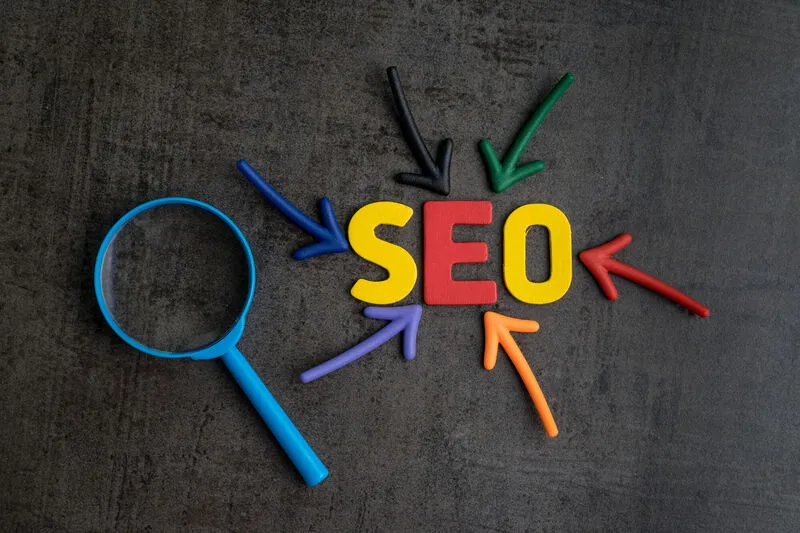
Maximising Online Visibility
Why SEO Matters for Every Business Website
15th Jan 2024
What is SEO and Why is It Important?
Search engine optimisation, or SEO, is the practice of enhancing a website to improve its visibility on search engines like Google. When a business website is optimized effectively, it ranks higher in search engine results pages (SERPs), leading to increased traffic and potential leads. For businesses of all sizes, especially those in competitive markets, SEO has become an essential tool for online success. Without it, even the most visually appealing website may struggle to attract visitors if it isn't appearing on the first page of search results. SEO is not only about driving traffic, but also about targeting the right kind of traffic. By optimizing for relevant keywords, improving website speed, and creating quality content, SEO helps ensure that those who visit your website are genuinely interested in what you offer. Investing in SEO is ultimately investing in long-term visibility and sustainable growth for your business.
How SEO Helps Small and Large Businesses Alike
Whether you're a small local business or a large enterprise, SEO can be tailored to suit your unique needs and goals. For small businesses, local SEO is an invaluable strategy, helping them to appear in local searches and attract nearby customers. Through techniques like optimizing Google My Business listings and gathering customer reviews, small businesses can build a strong local presence. For larger companies, SEO focuses on broader keyword strategies, content marketing, and sometimes even international SEO to reach audiences across different regions. SEO gives all businesses a competitive advantage by making them more discoverable. Unlike paid ads, which only last as long as you’re paying, SEO can continue driving organic traffic over time. This cost-effectiveness makes SEO an ideal long-term strategy that provides value well beyond the initial investment.
The Key Elements of an Effective SEO Strategy
A successful SEO strategy involves several critical components. First, keyword research is essential for identifying the terms your audience is searching for. Once identified, these keywords are integrated into your website’s content, meta tags, and headings to improve relevance for search engines. On-page SEO focuses on optimizing individual web pages to rank higher, which includes improving titles, headers, and image alt tags. Technical SEO, another vital part, involves enhancing backend elements such as website speed, mobile-friendliness, and site security to ensure search engines can crawl and index the website effectively. Finally, off-page SEO, including link-building, involves promoting your site through backlinks, social media, and other channels. Together, these elements help create a comprehensive SEO strategy that not only attracts visitors but also keeps them engaged.
The Long-Term Benefits of SEO for Business Growth
Unlike many other marketing tactics that offer immediate but short-lived results, SEO builds a sustainable foundation for online visibility. When done correctly, SEO can continue to drive traffic and generate leads over time, with less ongoing investment than paid advertising. As search engines become more sophisticated, their algorithms increasingly favor high-quality, relevant content and user-friendly experiences, which are integral to SEO practices. A well-optimized website gains credibility and trust, both from users and search engines, often leading to higher conversion rates. In addition, SEO allows businesses to track and measure their performance in real time, gaining valuable insights into user behavior and preferences. With its ability to reach targeted audiences and provide measurable results, SEO is a powerful tool that supports business growth and brand authority in the digital age.